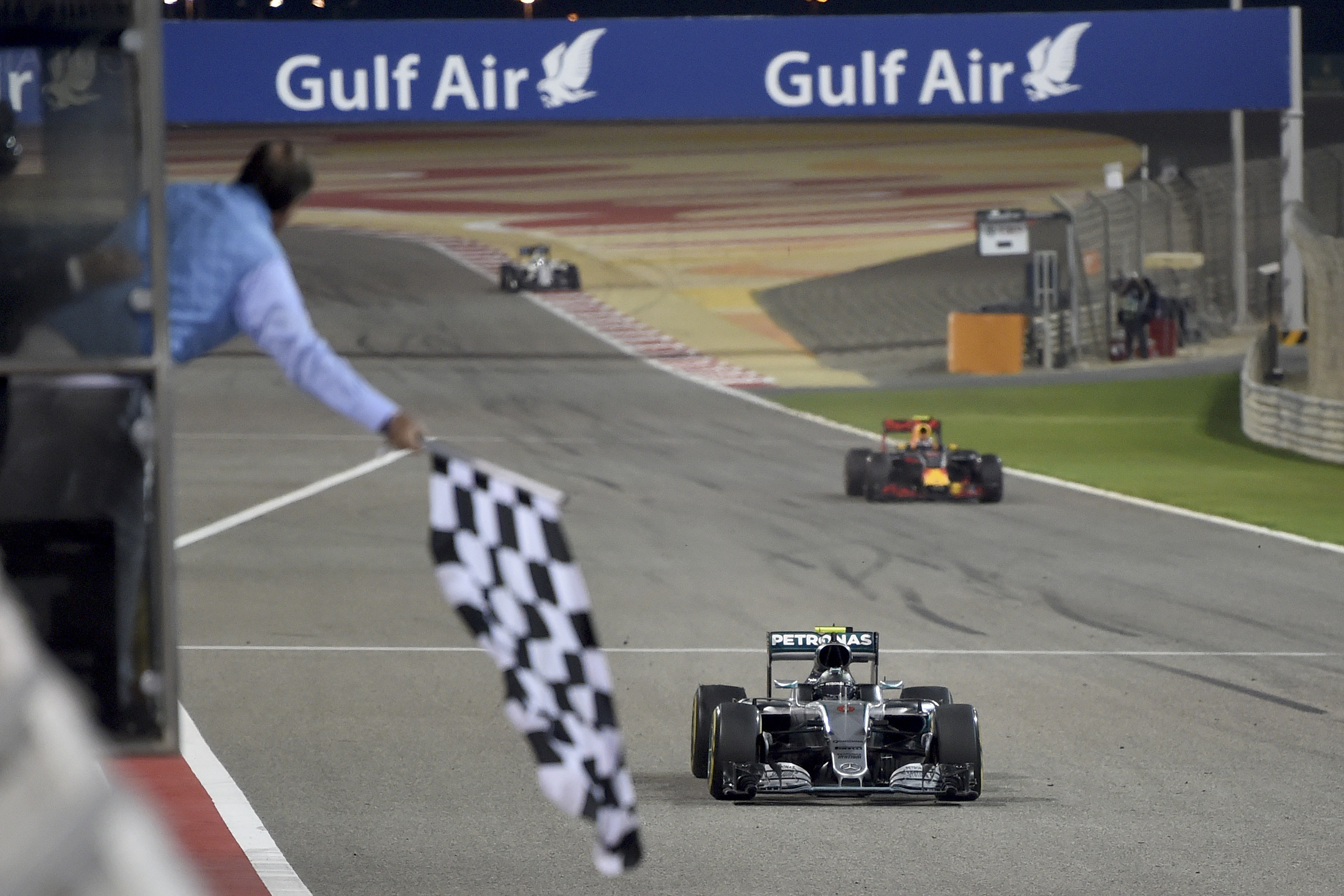PARIS (AP) — Faced with a wall of resistance, motor sport's governing body has agreed for Formula One to revert back to last year's qualifying format after the new system proved widely unpopular.
The decision on Thursday still needs to be officially approved by the F1 Commission and World Motor Sport Council before the next race, the Chinese Grand Prix in Shanghai next week.
The new rolling-elimination format — in which the slowest driver is eliminated every 90 seconds — was used in Australia, and Bahrain last weekend, but heavily criticized both times for a lack of on-track action.
With teams and drivers increasingly unhappy, FIA president Jean Todt and series commercial chief Bernie Ecclestone backtracked.
![Nico Rosberg starts Formula One season with two straight wins [oembed : 82753464] [oembed : 82753464]](/Portals/_default/Skins/PrestoLegacy/CommonCss/images/smartembed.png)
Because of financial disparities and differing levels of ambition, F1 teams rarely unite. But in a show of combined strength, all 11 teams made it clear in a "unanimous request" that they do not want either the new system or a modification of it.
It would appear from the joint statement by FIA and Formula One management on Thursday that the 2015 format could be kept for the remainder of the year — with a new format open for discussion ahead of next season.
"Jean Todt and Bernie Ecclestone welcomed the idea put forward by the teams to have a global assessment of the format of the weekend for 2017," the statement concluded.
The revamped system was designed to attract more fans the day before the race and bring more excitement to qualifying sessions almost always dominated by Mercedes, and thus to shake up the grid.
But in an embarrassment for the series, it produced an anticlimax in the season-opener in Melbourne as drivers accepted elimination rather than use up tires trying to better their times against the odds.
![Formula One qualifying system adds fuel to drivers' anger [oembed : 82753536] [oembed : 82753536]](/Portals/_default/Skins/PrestoLegacy/CommonCss/images/smartembed.png)
In the lead-up to Bahrain, a meeting of the F1 Commission failed to get unanimous agreement on how to change it — leading the FIA to call another meeting for last Sunday, when Todt said he was "optimistic" of getting unanimous support on how to modify the format.
Todt and Ecclestone usually have trouble seeing eye to eye on F1 leadership issues, but not on this one.
Worried that the fans were being starved of entertainment in a series already struggling to regain its former popularity, drivers have been more outspoken than usual in recent weeks — notably Sebastian Vettel.
Only days after the race in Melbourne, the Grand Prix Drivers' Association — of which the four-time F1 champion Vettel and former champ Jenson Button are key members — wrote a long open letter heavily criticizing the lack of leadership in F1, and calling the series' decision-making "obsolete and ill-structured" whilst calling for a "restructuring" of its governance.
![Leading drivers unhappy at 'ill-structured' F1 leadership [oembed : 82753568] [oembed : 82753568]](/Portals/_default/Skins/PrestoLegacy/CommonCss/images/smartembed.png)
A rushed decision to change the qualifying rules in February, then scrap those changes after Melbourne, only to reinstate them in Bahrain, showed how much F1 was riddled with confusion and uncertainty.
While the process was flawed, the intention wasn't, as F1 has become stale.
Red Bull dominated the 2013 campaign as Vettel won 13 races on the way to a fourth straight title, and Mercedes has been emphatic since.
World champion Lewis Hamilton has won the past two championships ahead of teammate Nico Rosberg, and Mercedes — which has won the first two races this year — has crushed the competition even more than Red Bull during Vettel's pomp.


